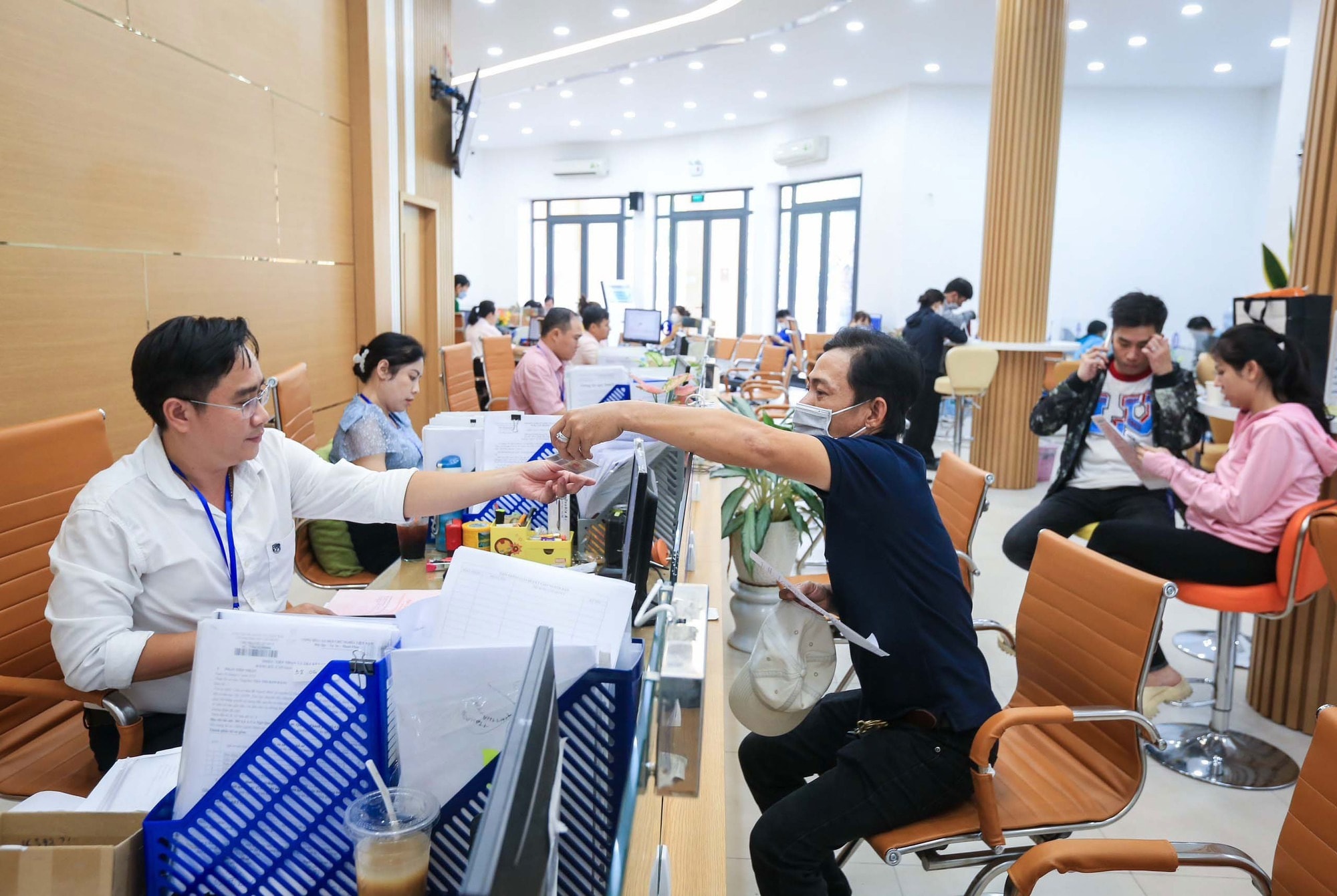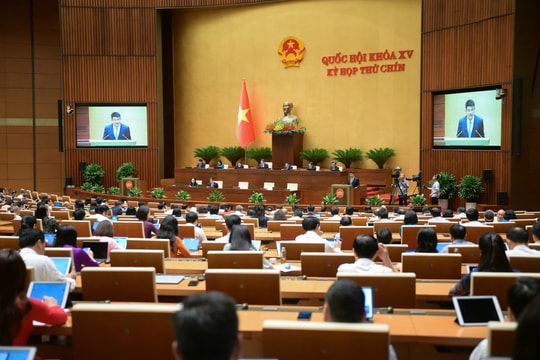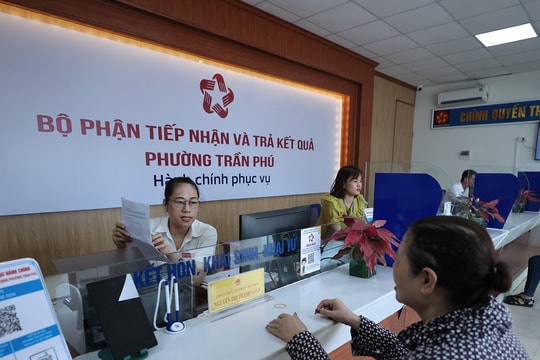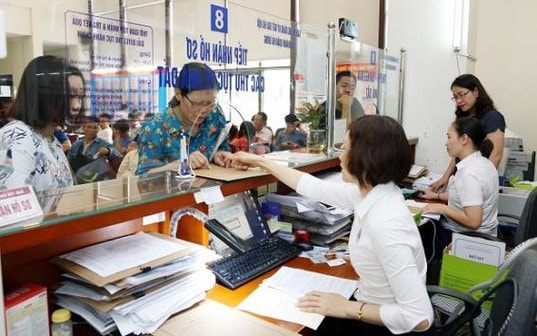Things civil servants are absolutely not allowed to do from July 1, 2025
From July 1, 2025, the Law on Cadres and Civil Servants (amended) officially took effect, providing a list of prohibited acts for civil servants, helping them avoid penalties and protect their public service reputation.
The Law on Cadres and Civil Servants (amended), passed by the National Assembly and effective from July 1, 2025, has been widely publicized. This law not only clearly defines civil servants but also specifically stipulates what they are absolutely not allowed to do to ensure transparency and efficiency in work.

According to Clause 2, Article 1 of the Law on Cadres and Civil Servants of the National Assembly 2025, No. 80/2025/QH15, civil servants are Vietnamese citizens recruited to work in agencies of the Communist Party of Vietnam, the State, the Vietnam Fatherland Front, socio-political organizations at the central, provincial and communal levels; in agencies and units of the People's Army that are not officers, professional soldiers, workers, or defense officials; in agencies and units of the People's Public Security that are not officers, non-commissioned officers, soldiers serving under the professional regime, or police workers; in cryptographic organizations that are not cryptographic workers, on the payroll and receiving salaries from the state budget.
Things civil servants are not allowed to do
Based on Article 14 of the Law on Cadres and Civil Servants 2025, the list of prohibited acts includes:
- Avoid responsibility: Avoiding, evading, avoiding, or shirking in the performance of assigned duties and tasks; causing factionalism and disunity; voluntarily quitting or quitting a job; participating in a strike; posting, disseminating, or speaking out false information that affects the image and reputation of the country, locality, agency, organization, or unit where one works.
- Corrupt and negative behavior: Committing acts of embezzlement, corruption, negativity, waste, profiteering, harassment and other acts that violate the law against people, businesses, agencies, organizations and other relevant individuals in the process of performing duties.
- Illegal use of property: Illegal use of State assets and people's assets.
- Abuse of power: Taking advantage of, abusing duties, powers, using information related to public service for personal gain.
- Discrimination: Discrimination based on ethnicity, gender, age, disability, religion, belief, or social class in any form in the performance of official duties.
- Other behaviors: Things that are not allowed to be done related to production, business, and human resources work according to the provisions of law on anti-corruption, practicing thrift, fighting waste, protecting state secrets, and other things according to the provisions of law and of competent authorities during the working period and after leaving work or retiring.
The new regulations aim to improve public service ethics, ensuring that civil servants perform their duties responsibly and transparently. Violations may result in disciplinary action or legal sanctions.
Civil servants need to understand these regulations early to avoid unnecessary consequences and at the same time contribute to building the government's image in the eyes of the people.






